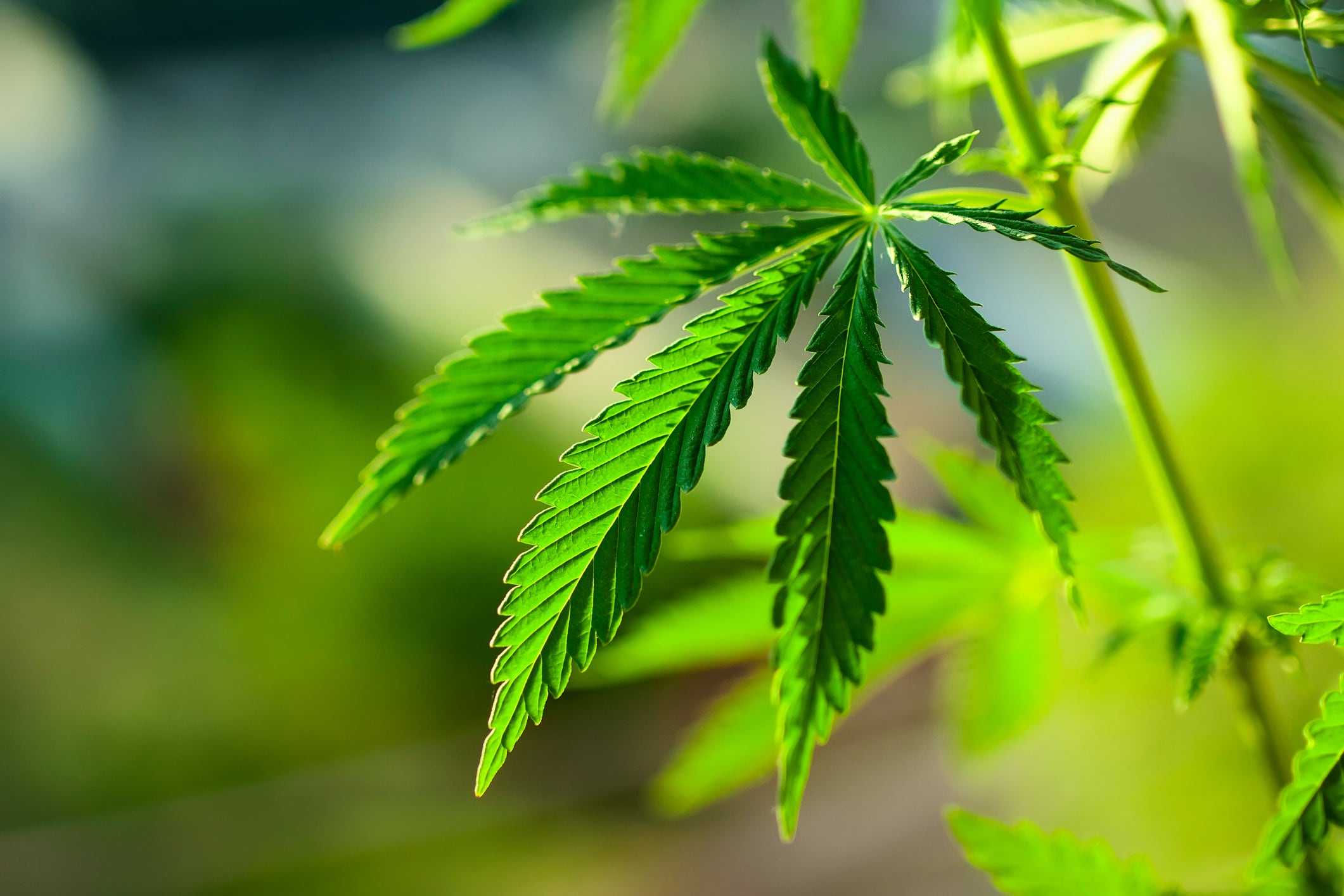With asthma affecting an estimated 330 million people in the world, researchers are hoping to gain a better understanding of the condition—and why it intensifies at night.
Many asthma sufferers experience a worsening of pulmonary function and asthmatic symptoms at night, called "nocturnal asthma." Several causes have been hypothesized—activation of the parasympathetic nervous system in the evening, alveolar tissue inflammation and reduced pulmonary function, to name a few. However, “The precise mechanisms regulating this asthma phenotype remain obscure,” explained Kentaro Mizuta, DDS, PhD, a professor at the Tohoku University Graduate School of Dentistry. The university is located in Sendai City, Japan.
According to Mizuta, who led the research published in the American Journal of Physiology Lung Cellular and Molecular Physiology, melatonin is the likely culprit. He explained that the sleep hormone actually worsens asthma.
First of its kind
The study investigated the expression of melatonin receptors in native human and guinea pig airway smooth muscle and primary cultured human airway smooth muscle cells.
When it comes to melatonin and asthma, there is a lot of conflicting data. Some research suggests melatonin improves asthmatic airway remodeling, and other studies suggest elevated serum melatonin is associated with the nocturnal worsening of asthma.
While previous several studies have been conducted on melatonin’s relationship with asthma, the focus was often on the antioxidative and anti-inflammatory effects of melatonin—not airway smooth muscle contraction through the melatonin MT2 receptor. Mizuta explained that his team, for the first time, showed that the functional melatonin MT2 receptor is expressed on human airway smooth muscle.
First author Haruka Sasaki explained to us that although there are some reports which mention anti-inflammatory effects of melatonin in airways, it is still unclear whether the therapeutic effects of melatonin on airway inflammation could outweigh the detrimental effects of melatonin on airway smooth muscle (bronchoconstriction).
Melatonin MT2 receptor and bronchodilators
Mizuta told NutraIngredients-USA that the expression of melatonin MT2 receptor in the airway smooths the muscle, which potentiates airway contraction. The researchers showed that melatonin can worsen the constriction of the bronchus, making it harder to breathe.
"Although serum concentration of melatonin did not significantly induce the airway constriction, greater doses of melatonin, which is clinically used to treat insomnia, jet lag, or cancer, worsened asthma symptoms and impaired the therapeutic effect of bronchodilators," noted Mizuta.
Because melatonin facilitates a state of bronchoconstriction and weakens the relaxing effect of a bronchodilator through the activation of the melatonin MT2 receptor, the research group identified the expression of the melatonin MT2 receptor in human airway smooth muscle. They noticed that the activation of the melatonin MT2 receptor with higher doses of melatonin greatly worsened the bronchoconstriction. Additionally, the researchers noted that melatonin reduced the relaxing effects of widely used bronchodilator drugs.
“We have demonstrated for the first time, to our knowledge, the functional expression of melatonin MT2 receptors in human airway smooth muscle. Our findings demonstrated that melatonin can directly regulate the cAMP production and mobilization of calcium in human airway smooth muscle through melatonin MT2 receptor that favors airway smooth muscle-mediated bronchoconstriction,” the authors noted.
Overall, the team concluded that their findings suggest that pharmacological concentrations of melatonin would contribute to airway smooth muscle contraction by the stimulation of MT2 receptor expressed on human airway smooth muscle, which could lead to worsening asthma symptoms.
Asthma is complex
Looking over current and previous data, Mark Miller, PhD, principal at Kaiviti Consulting, LLC, asks whether the melatonin/asthma combination is useful or deleterious. In order to answer that, he said it is important to unpack some of the underlying mechanisms that may contribute to the controversy.
Miller explained that historically, in short-term asthma, there is an allergy/parasite response mediated by the Th2 immune system. This type is treated by either antihistamines and/or Beta-adrenergic agonists (inhalers). Over time, there may be a restructuring of the airways with chronic inflammation requiring steroids.
“This is quite different from the airway complications that arise from pollution/ozone because this is mediated by a Th1 immune response (also linked to the cytokine surge seen with COVID19). Suppressing this response often involves actions that limit oxidative stress and gene switches like NF-kB that promote chronic inflammation. When we discuss the anti-inflammatory actions of melatonin we are discussing a NF-kB Th1 immune system response not Th2,” explained Miller.
“While the data is murky and conflicting, my interpretation of the various animal models and clinical studies is that low dose melatonin may offer benefits in the inflammation/pollution presentation (as long as the dose is not excessive). However, in the allergy/parasite form of asthma, I do not see a benefit of melatonin supplementation," Miller said.
The dose makes the poison
While melatonin is generally safe for most people, Miller explained that too much melatonin can have the opposite effect of its intended purpose, making it harder to sleep because normal circadian rhythms are thrown off. “There are far too many melatonin products on the market where the dose is excessive (>1mg). Higher doses, like 3, 10 and even 20mg in this mindset of ‘more is better,’ causes a suppression of our own endogenous melatonin production and tissue responsiveness (receptors). The end-result of melatonin abuse is that our own system is disrupted."
Indeed, Mizuta told NutraIngredients-USA that peak plasma concentration of melatonin reaches 50–100 pg/mL between 3 a.m. and 4 a.m. “Our findings revealed that lower concentrations of melatonin (pM to nM range) did not induce any effects but higher concentrations of melatonin (µM) modulated smooth muscle tone.”
He went on to explain that oral intake of melatonin for insomnia or jet lag is usually 1-5 mg. “Plasma melatonin concentrations after oral intake of its usual dose reaches 10 to 100 times higher than the physiological nocturnal peak concentration. Furthermore, therapeutic effects of melatonin with much higher doses have been demonstrated in patients with cancers, cardiovascular diseases, and psychiatric disorders. For example, oral intake of 20 mg of melatonin is commonly used for cancer therapies, in whose serum concentrations reach a micromolar range, which is consistent with the concentration of our experiments. Our research revealed pharmacological concentrations of melatonin would contribute to airway smooth muscle contraction.”
“Getting back to dose, activating the MT2 receptor system for melatonin, limits the effectiveness of bronchodilators and promotes airway smooth muscle contractions, as described in the recent publication by Sasaki et al. Here high doses of melatonin may well compromise bronchial smooth muscle relaxation. Understanding how the endogenous system (MT1 and MT2 receptors) responds to supplemental melatonin may provide some important clues as to how to manage nocturnal asthma and that associated with pollution,” said Miller.
More research needed
The authors conclude that further studies are required to characterize whether melatonin has either beneficial or detrimental effects in patients with asthma.
Source: American Journal of Physiology Lung Cellular and Molecular Physiology
16 NOV 2021 doi.org/10.1152/ajplung.00273.2021
“Melatonin MT2 receptor is expressed and potentiates contraction in human airway smooth muscle”
Author: H.Sasaki et al




